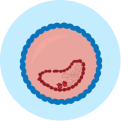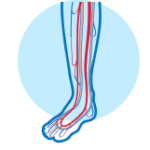What is Artery Disease?
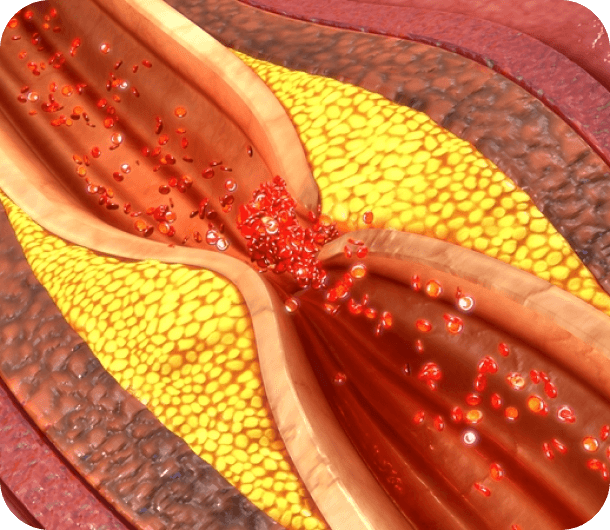
What is Artery Disease?
Arteries are blood vessels that carry oxygen-rich blood to the vital organs from the heart. When arteries are clogged by plaque buildup or are damaged by other complications, the oxygenated blood flow to the organs is diminished. Arterial disease usually affects people over 50, but there are a series of risk factors that can lower the age of onset or increase the severity. These factors include high cholesterol, high blood pressure, lack of exercise, diabetes, and smoking.
Left untreated, arterial disease can lead to significant complications such as amputations and in some cases death. Schedule a consultation with one of our expert vascular specialists.
Why Is It Important to Treat Artery Disease?
The arteries in the body are blood vessels responsible for carrying blood away from the heart. Because arteries hold such an important position in the body’s blood flow and health, complications from arterial diseases can be serious and potentially life and limb threatening. Patients who suffer from arterial disease may experience hair loss, discoloration, swelling, and open sores involving the legs. Additionally, patients may start to notice pain and discomfort when walking. As the disease progresses, the pain and discomfort can be experienced at rest. Many patients complain the pain is worse at night when laying down.
Why Is It Important to Treat Artery Disease?

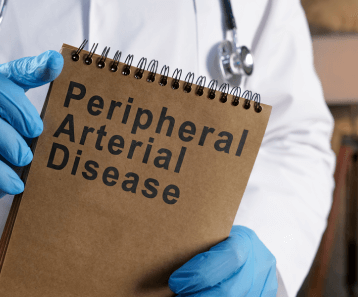
12-14% of people are affected by Peripheral Arterial Disease (PAD)

Critical Limb Ischemia is found in 12% of the US adult population
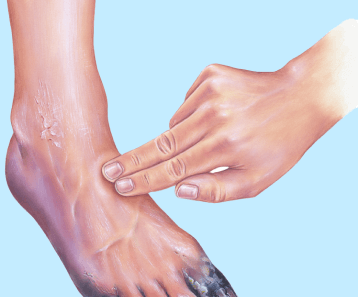
Diabetic Vascular Disease Is Often Caused by Untreated Diabetes
FIND A
CONVENIENT LOCATION

StrideCare Leverages athenaOne to Enhance Financial and Operational Results, Improve Clinical Workflows
2 Min Read CASE STUDY: Transitioning all practices onto one united system gives StrideCare invaluable access to data

When are Varicose Veins More than Just a Cosmetic Concern?
2 Min Read Learn about varicose veins, prevention tips, and treatment options from StrideCare’s vein specialists in Texas.
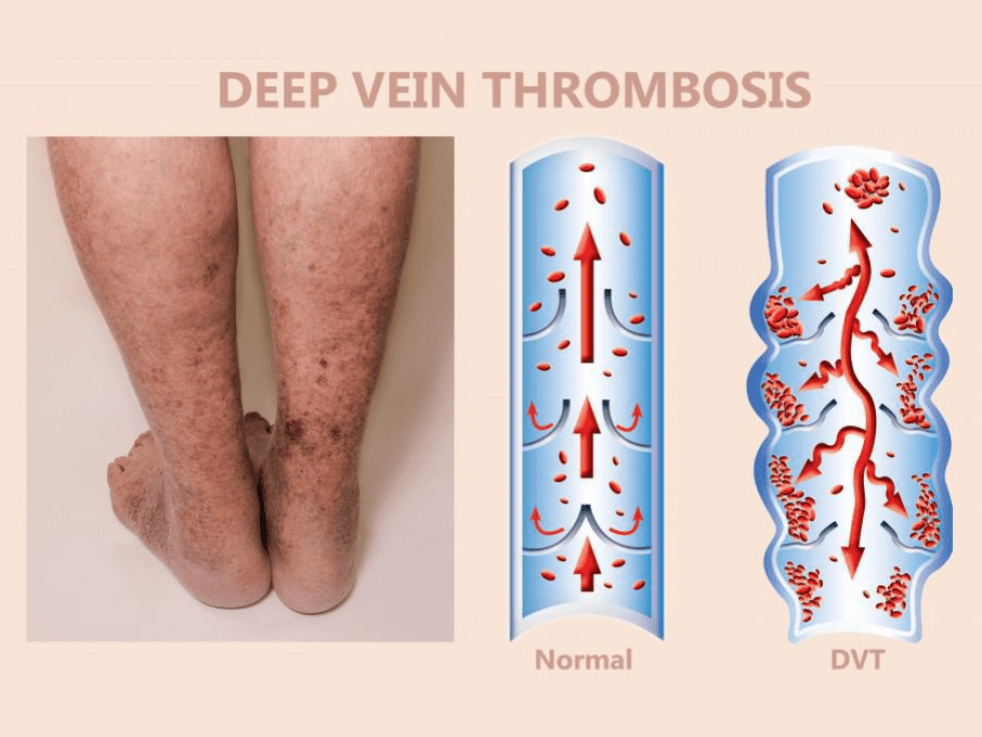
Puffy Legs are One of the First Signs of Deep Vein Thrombosis
3 Min Read Learn the symptoms of deep vein thrombosis (DVT) and seek immediate evaluation at StrideCare for expert care and treatment.



